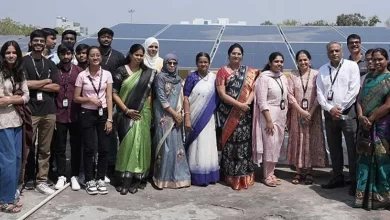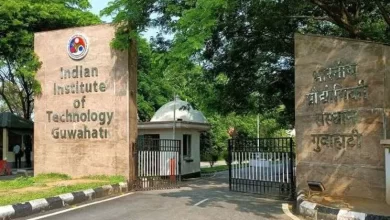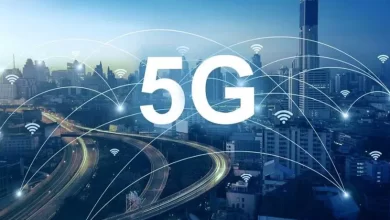Proposed bill to control digital media is worrying

The media, the fourth pillar of democracy in India, is getting weakened every day. In terms of media independence for India’s mainstream press, the state’s influence and business and advertising reliance on the government have wreaked havoc. In such a situation, digital news in India is attempting to maintain media independence. But as the central government is all set to bring a new law during the ongoing monsoon session of Parliament to regulate digital media, it will take away the independence of digital news. Any attempt to curtail the rights of the media in India or any other country is alarming. A democracy needs a pragmatic and independent media, but it is unfortunate for India that every day the independence of the media is being questioned and truly so. It is also important to note that many democracies across the world are facing this shambolic trend.
Primary reports and sources indicate that under the amendment that the central government is likely to table in the ongoing monsoon session of Parliament, digital media will be subject to government regulation and may also face action for “violations”.
In 2022, the Paris-based Reporters Without Borders came up with the media ranking of countries across the globe. The organisation publishes these ranks every year. India ranked 150th out of 180 countries in the world press freedom index. It was also noted that the freedom of the press in India has steadily declined in the past decade. The central government however has dismissed the ranking by raising questions about its methodology. Here, the argument is not whether every mainstream media platform has become biased towards either state central governments. The argument is also not about whether it is possible to get an advertisement from the government and still be independent. These questions and debates are for other times. But today, what confronts us all is the continuous and relentless attacks on freedom of speech, journalists, and media platforms. While the central government and Bharatiya Janata Party-ruled states take action against journalists and media outlets which criticise them, opposition-ruled states are also becoming increasingly agitated against journalists they believe are their critics.
Amid blame games, accusations and counter-accusations, the freedom of the press and the freedom of speech in India are threatened with extinction, as journalists across India face the heat from the political class. While there is no doubt that being the ruling party, the BJP has more control over the media than the opposition political parties, the state governments of opposition political parties also show aggressiveness and vengeance against the media when it comes to their purview.
The Press and Registration of Books (PRB) Act, 1867, which regulates newspapers and printing presses in India, is intended to be replaced by this proposed bill. The cabinet, chaired by Prime Minister Narendra Modi, is reportedly expected to pass this bill soon. Since there is currently no procedure in place to register digital news portals like newspapers, this bill intends to do so with the Press Registrar General, which would be the equivalent of India’s current Registrar of Newspapers. It is intended to require digital news providers to submit an application for registration within 90 days of the law taking effect. For the first time in India, there will be rules governing digital media, which will be under the Ministry of Information and Broadcasting if the bill is approved.
If the question is just about maintaining some checks and balances on the digital media platforms, then there are already established rules. For example, in 2021, the central government notified new Information Technology rules where detailed guidelines regarding digital media were established. The digital news platforms also follow these rules. Similarly, there are several provisions, including the Indian Penal Code, by which irregularities or anything unwonted can be kept in check by the government. Several journalists have recently been arrested using all of these provisions. So why are new regulations needed?
In India, as in any other country, all such regulations come due to political motives, and in this case, the political intention is also crystal clear. There are several digital news platforms which run based on subscriptions and do not take advertisements, either from the government or from the big corporates. This model of business allows these media platforms to stay independent in nature and report in a more unbiased manner. In the past few years, many such independent digital media platforms have faced the heat of the government. Recently, AltNews, an independent fact-checking news platform, came under attack by the authorities.
Attacks against journalists and news platforms in India have been increasing significantly. Pulitzer prize-winning Journalist Sana Irshad Mattoo from Kashmir was even stopped from travelling to Paris recently. Every day journalists and independent media organisations in Kashmir face attacks from the authorities for doing their work — which is reporting on the ground.
The independence of news is crucial for a democracy as vast as India. While all authorities must put an end to attacks on journalists and media organisations, any regulation that further limits the freedom of the media, especially digital journalism, will be the wrong course of action. Freedom of speech should remain non-negotiable. Everyone must unite in favour of press freedom, including the opposition and the ruling party.
The author is an independent journalist and columnist based in Kolkata and a former policy research fellow at the Delhi Assembly Research Center. Views expressed are personal. He tweets as @sayantan_gh







